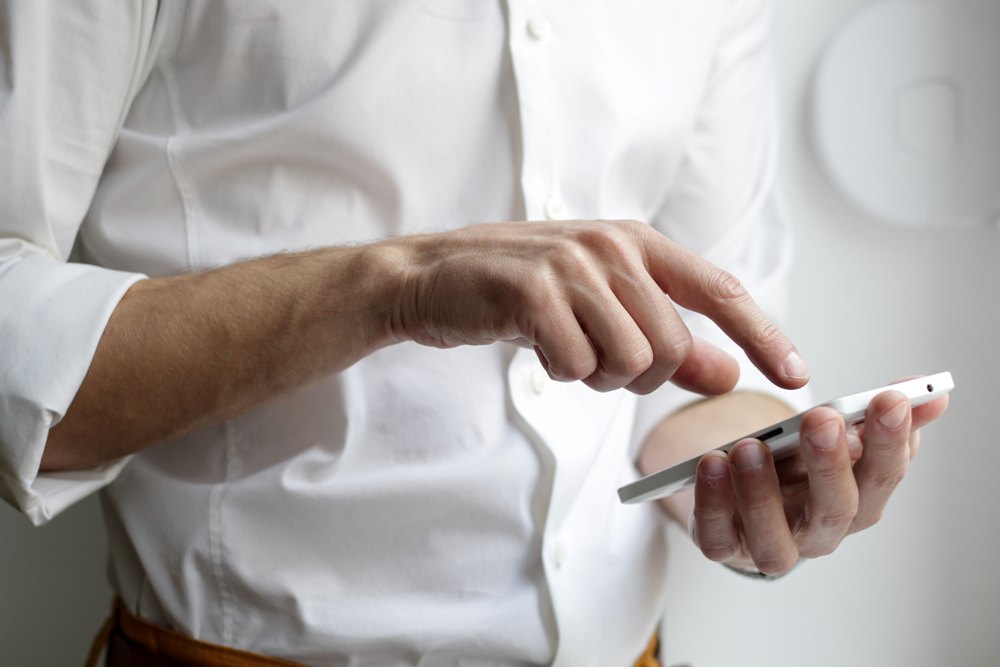
Our smartphones have become indispensable tools in our daily lives, containing a wealth of personal and sensitive information. Losing a cell phone can be a distressing experience, but with advanced tracking and security features, there are effective ways to locate and recover your device while ensuring the safety of your data. Explore these strategies and tools for safely tracking and recovering a lost or stolen cell phone.
Enable Built-in Tracking Features
Most smartphones come equipped with built-in tracking features that can be invaluable in locating a lost device. Both iOS (Find My iPhone) and Android (Find My Device) offer robust tracking capabilities. Ensure these features are activated on your device, allowing you to pinpoint its location on a map and take additional actions such as locking the device or displaying a message for the finder.
Use Third-Party Tracking Apps
Beyond built-in features, there are numerous third-party apps designed specifically for tracking lost or stolen phones. These apps often provide additional functionalities such as remote camera access, SIM card change notifications, and data backup. Popular options include Cerberus, Prey, and Lookout. Research and choose an app that aligns with your security and tracking requirements.
Secure Your Phone with Passwords and Biometrics
Prevent unauthorized access to your phone's data by securing it with strong passwords or biometric authentication methods such as fingerprints or facial recognition. In the event of loss, these security measures add an extra layer of protection, ensuring that even if the device is found, sensitive information remains inaccessible without the proper credentials.
Report the Loss to Authorities
If your phone has been stolen, report the loss to local law enforcement authorities. Provide them with all available details, including the device's make, model, and the circumstances of the loss. While the chances of immediate recovery may vary, having an official report can be essential for insurance claims or other legal purposes.
Remote Data Wiping
For situations where recovery seems unlikely, remotely wiping your device becomes a crucial step. This feature, available on most tracking apps and built-in phone tracking services, allows you to erase all data on the device, protecting your personal information from falling into the wrong hands. It's a powerful precautionary measure to mitigate potential privacy risks.
Notify Your Service Provider
Contact your mobile service provider to report the loss and temporarily suspend your service. This not only prevents unauthorized use of your phone but also serves as an additional layer of security. In some cases, service providers may assist in tracking or provide guidance on the next steps to take.
While the loss of a cell phone can be unsettling, leveraging the available tracking and security features can significantly increase the chances of recovery and protect your personal data. Taking proactive measures such as enabling tracking services, using third-party apps, securing your device with strong authentication, and utilizing online tools such as a blog on mobile apps can provide a comprehensive approach to both locating your phone and safeguarding your sensitive information. By being prepared and acting swiftly, you can navigate the stressful experience of losing a phone with greater confidence and security.
EDITORIAL POLICY
Editorial Policy: The Flash List is dedicated to providing trustworthy editorial content by maintaining strict ethical standards, journalistic integrity, and credible professionalism regardless of any remuneration as working media. The Flash List is not affiliated with third-party companies mentioned and makes no endorsement or guarantee expressed or implied. The preceding article is intended for informational reference only, and does not constitute advice of any kind. Moreover, a qualified professional should be consulted regarding any lifestyle consideration, medical treatment, or monetary transaction, etc. Content contains affiliated link(s) for which compensation was received in accordance with USFTC regulations and terms and conditions.
MORE ON THE FLASH LIST
































